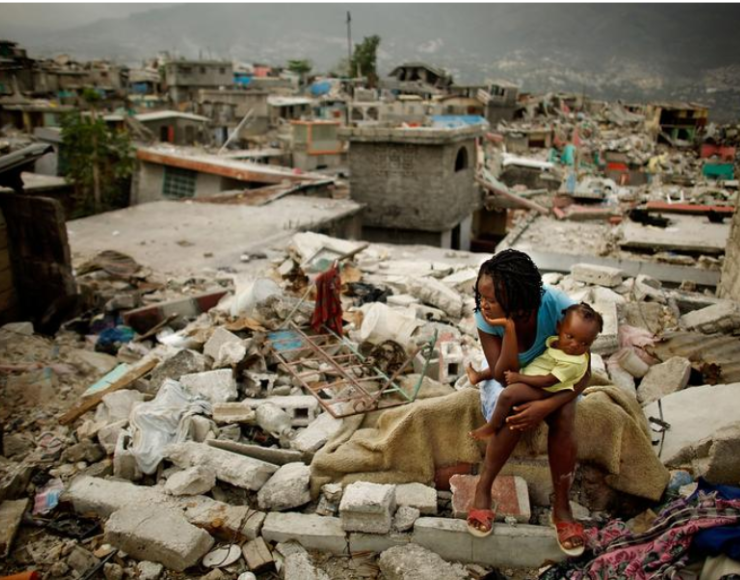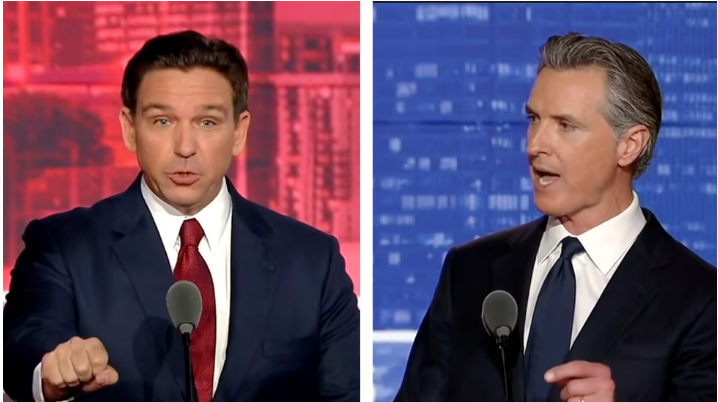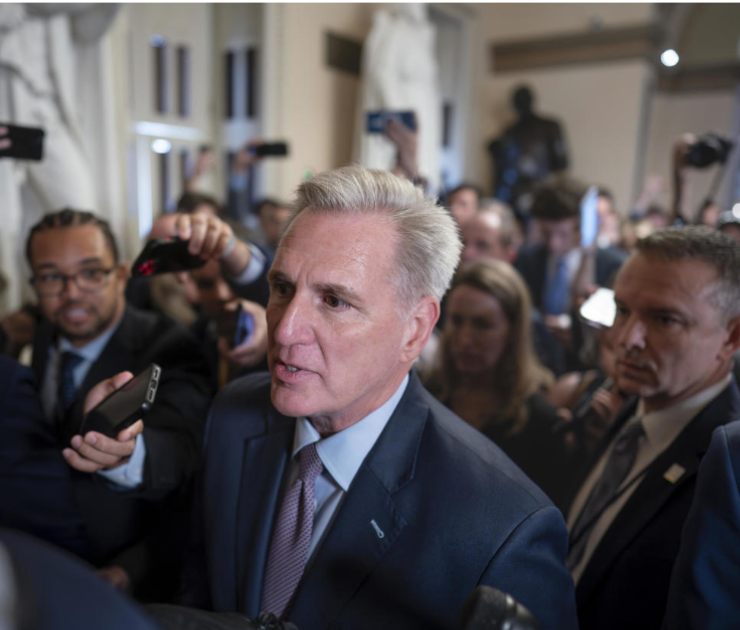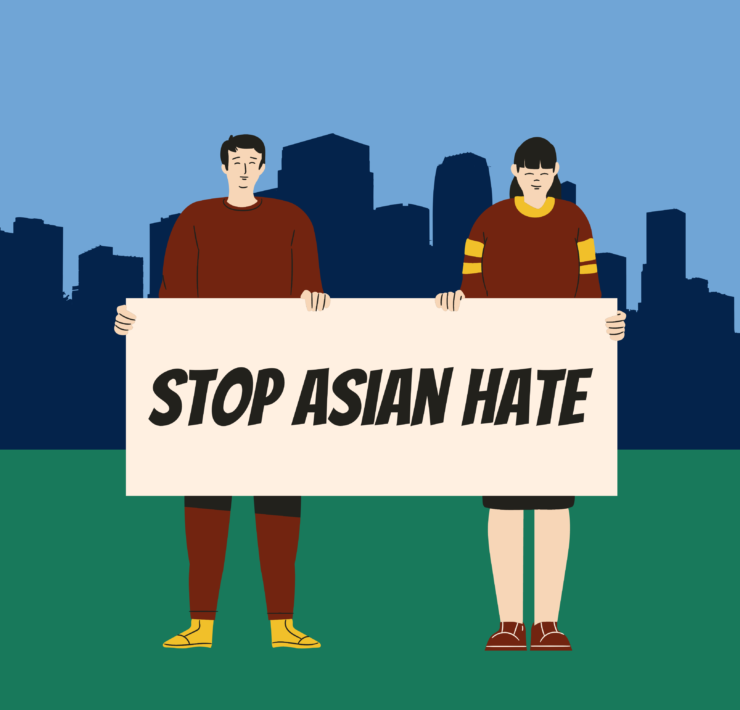China Boycotts Western Brands over Xinjiang Controversy
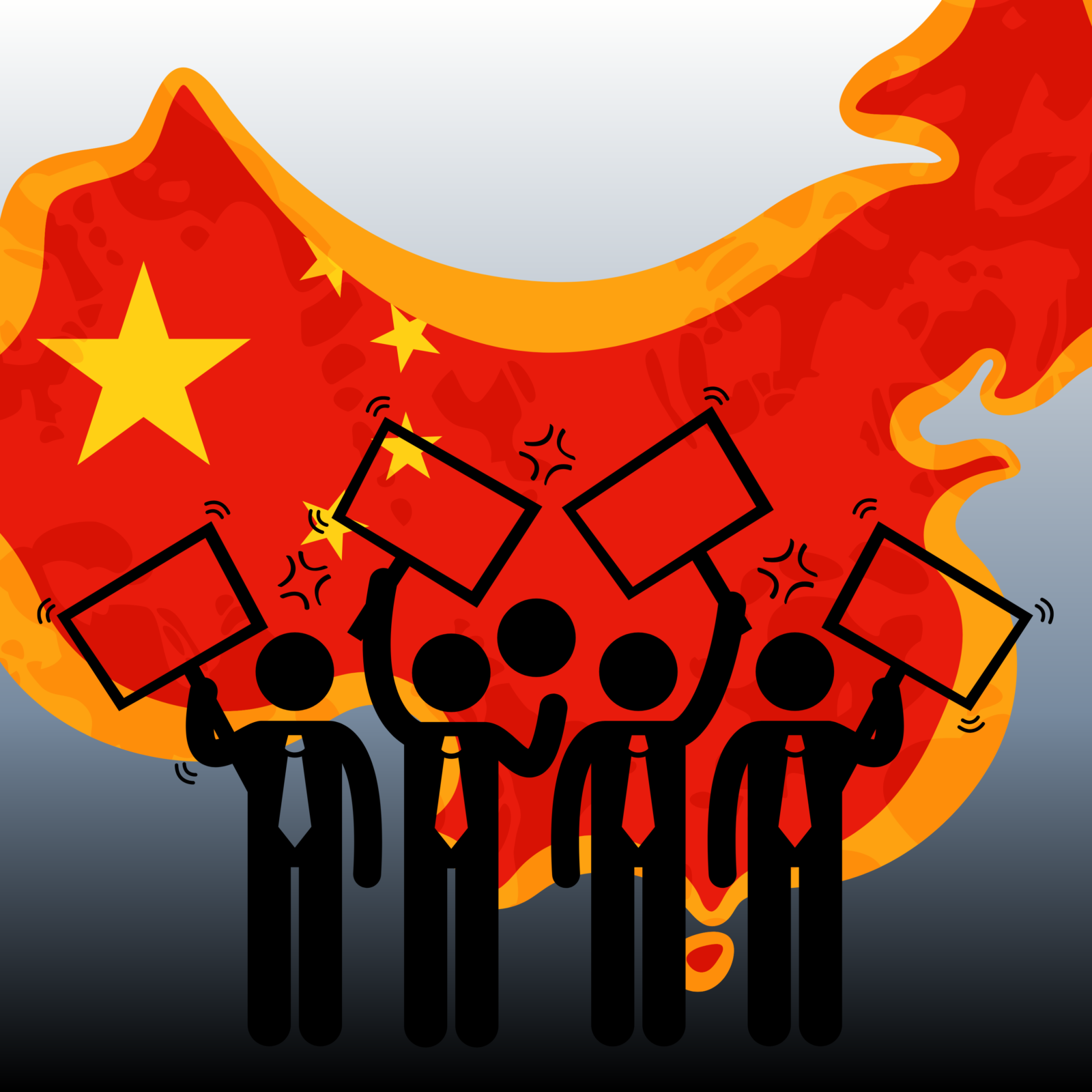
Many Western brands such as H&M and Nike are now facing backlash from Chinese citizens after expressing concerns over alleged forced cotton labor in Xinjiang, China. Some brands continue to express concerns while others remain united with Xinjiang cotton picking.
Xinjiang produces about a fifth of the world’s cotton. However, there have been reports that Uyghurs, a Muslim minority group, are being forced to pick cotton. Last summer, many Western brands expressed their concerns over human rights and forced labor, leading some corporations to cut ties with Xinjiang cotton. Although China has claimed that these allegations are false, many brands continue to speak out on the issue.
In September 2020, H&M announced that they were deeply concerned about the alleged forced labor and would no longer buy cotton from Xinjiang. Soon after, they received major backlash from the Chinese government. Xu Guixiang, a Xinjiang government spokesman, told BBC that he does not believe “a company should politicise its economic behavior.” Because China is one of H&M’s main sources of supply, Guixiang asked BBC, “Can H&M continue to make money in the Chinese market? Not anymore.” BBC reported that in H&M’s response, the brand made no explicit remarks towards cotton or Xinjiang, but they replied that they wanted to be “a responsible buyer, in China and elsewhere.” The response also included that they were “dedicated to regaining the trust and confidence of our customers, colleagues, and business partners in China.”
After Nike and H&M announced their stances on Xinjiang’s cotton labor, Chinese citizens responded by boycotting them. After H&M’s statement was released, one Chinese citizen addressed them, posting on social media that “for you, China is still an important market. But for China, you are an unnecessary brand.” Others were frustrated that Western brands refused to support Xinjiang cotton, yet still wanted to continue selling their goods in China. BBC reposted a comment from Weibo, a popular blogging website in China, that claimed that “spreading rumours to boycott Xinjiang cotton, while also wanting to make money in China was ‘wishful thinking.’”
Besides H&M, brands such as Nike, Burberry, Adidas, and Converse also faced backlash and boycotts from citizens in China. However, there are still many brands that have made statements supporting Xinjiang. Hugo Boss and Uniqlo have verbally supported their use of Xinjiang cotton, while other brands such as VF Corp. and Zara have removed their policies against forced labor. Fashion reporters Vannesa Friedman and Elizabeth Patton for the New York Times said that China is expected to be the largest in the luxury market by 2025 and that if businesses want to remain successful, it would be beneficial for their products to be sold in China.
For these corporations, these decisions are based on their morals. Scott Nova, executive director of the Workers Rights Consortium, told the New York Times, “If they do the right thing, they face serious commercial risk in China.” On the other hand, “they know consumers globally will be repulsed by a brand that willfully abets forced labor. It is a profound moral test,” Nova said.
Vivian is a former staff writer for The Talon. She’s very interested in psychology and is hoping to major in it and become a clinical psychologist one day. When she’s not busy, she loves to read, embroider, and watch Korean dramas.
Nicole was the former Editor-in-Chief of The Talon. In her free time, she takes care of her two pet turtles. If you have any book recommendations, let her know.



